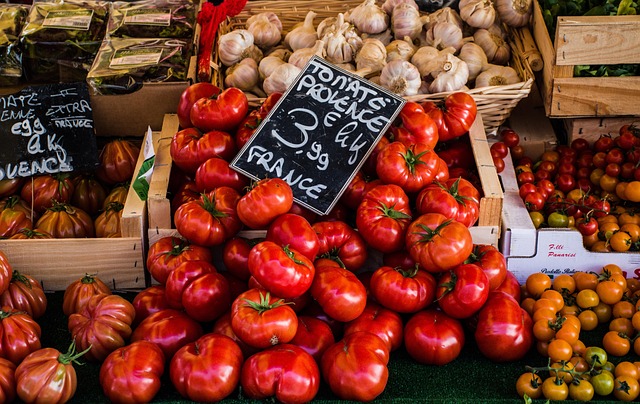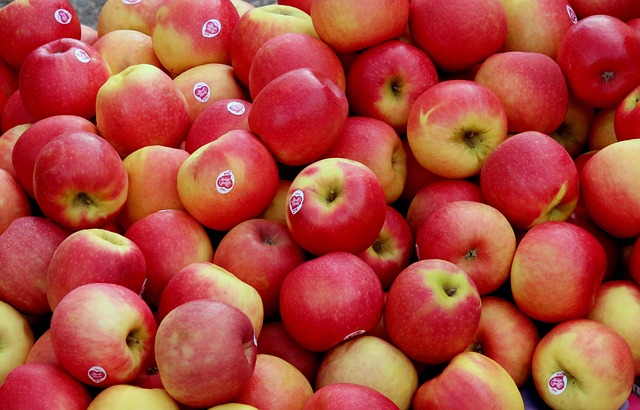Local food delivery services are revolutionizing dining by offering meal preparation tailored to diverse dietary needs, from allergies and intolerances to specific health conditions like diabetes. By partnering with specialty restaurants and employing meal preparation platforms, these services provide a wide range of specialized meal options such as gluten-free, vegan, low-carb, and Mediterranean diets. Effective communication, including detailed client information gathering and two-way feedback, ensures each meal is personalized to individual preferences while enhancing meal preparation for optimal nutrition. This level of customization makes local food delivery an indispensable tool for managing special dietary needs.
In today’s diverse culinary landscape, catering to special dietary needs is more crucial than ever. This comprehensive guide explores the art of meal preparation tailored to individual requirements. We delve into understanding various dietary constraints, emphasizing personalization in cooking. Additionally, we examine the growing role of local food delivery services in accommodating specialized diets and offer essential tips for effective communication between clients and chefs to ensure optimal nutritional outcomes. Discover how these strategies enhance the accessibility and quality of meals for all.
- Understanding Special Dietary Needs and Personalization in Meal Preparation
- The Role of Local Food Delivery Services in Accommodating Specialized Diets
- Tips for Effective Communication and Customization for Optimal Nutritional Outcomes
Understanding Special Dietary Needs and Personalization in Meal Preparation

Meal preparation for special dietary needs goes beyond simply avoiding certain foods; it’s about personalization, understanding, and adapting to individual requirements. Whether it’s allergies, intolerances, or specific health conditions like diabetes or heart disease, every client has unique preferences and restrictions. For local food delivery services, this means tailoring each meal not just to taste but also to meet specific dietary needs accurately.
Personalization involves more than just substituting ingredients; it requires a deep understanding of various diets, such as gluten-free, vegan, low-carb, or Mediterranean. By staying informed about the latest dietary trends and scientific research, local food delivery services can offer meals that not only adhere to special requirements but also enhance overall health and well-being. This level of customization not only ensures client satisfaction but also builds trust in the service.
The Role of Local Food Delivery Services in Accommodating Specialized Diets

In today’s diverse food landscape, local food delivery services play a pivotal role in accommodating specialized diets. These platforms offer a convenient solution for individuals with unique dietary requirements, such as gluten-free, vegan, or low-carb options. By partnering with restaurants and chefs who specialize in these areas, delivery services provide a wide range of meal choices tailored to diverse needs. This not only enhances the accessibility of healthy eating but also promotes the growth of culinary innovations catering to specific diets.
Meal preparation is a key aspect where local food delivery excels. Many services allow users to filter and customize orders based on dietary preferences, ensuring that every meal is carefully crafted to meet individual standards. This level of personalization has been instrumental in making special dietary needs more manageable, especially for those with conditions like food allergies or specific health concerns. As a result, local food delivery has become an indispensable tool, reshaping the way people approach and enjoy their meals while adhering to specialized diets.
Tips for Effective Communication and Customization for Optimal Nutritional Outcomes

When preparing special dietary meals, clear and effective communication is key. This involves a deep understanding of the client’s needs and preferences, as well as open dialogue to ensure customization. Start by asking detailed questions about dietary restrictions, allergies, and any specific requirements. Many platforms offer customizable meal preparation services, allowing users to select their preferred foods and adjust portions. For instance, local food delivery apps often provide options for vegetarians, vegans, gluten-free diets, or those with lactose intolerance. This level of customization ensures that every meal meets the unique nutritional needs of each individual.
Encourage two-way communication throughout the process. Clients should feel comfortable providing feedback on their meals, suggesting alternatives, and making changes to better suit their tastes. Regular interaction enables meal preparers to refine recipes, ensuring optimal nutritional outcomes while catering to diverse palates. Whether through online forms or direct messages, keeping an open line of communication enhances the overall dining experience, transforming local food delivery into a personalized journey towards healthier living.
In conclusion, understanding special dietary needs and personalized meal preparation is key to optimal nutritional outcomes. Utilizing local food delivery services can greatly facilitate this process, offering a convenient way to accommodate diverse dietary requirements. Effective communication between customers and providers is essential, ensuring customized meals that meet individual needs while enjoying the benefits of local food delivery and meal preparation.






